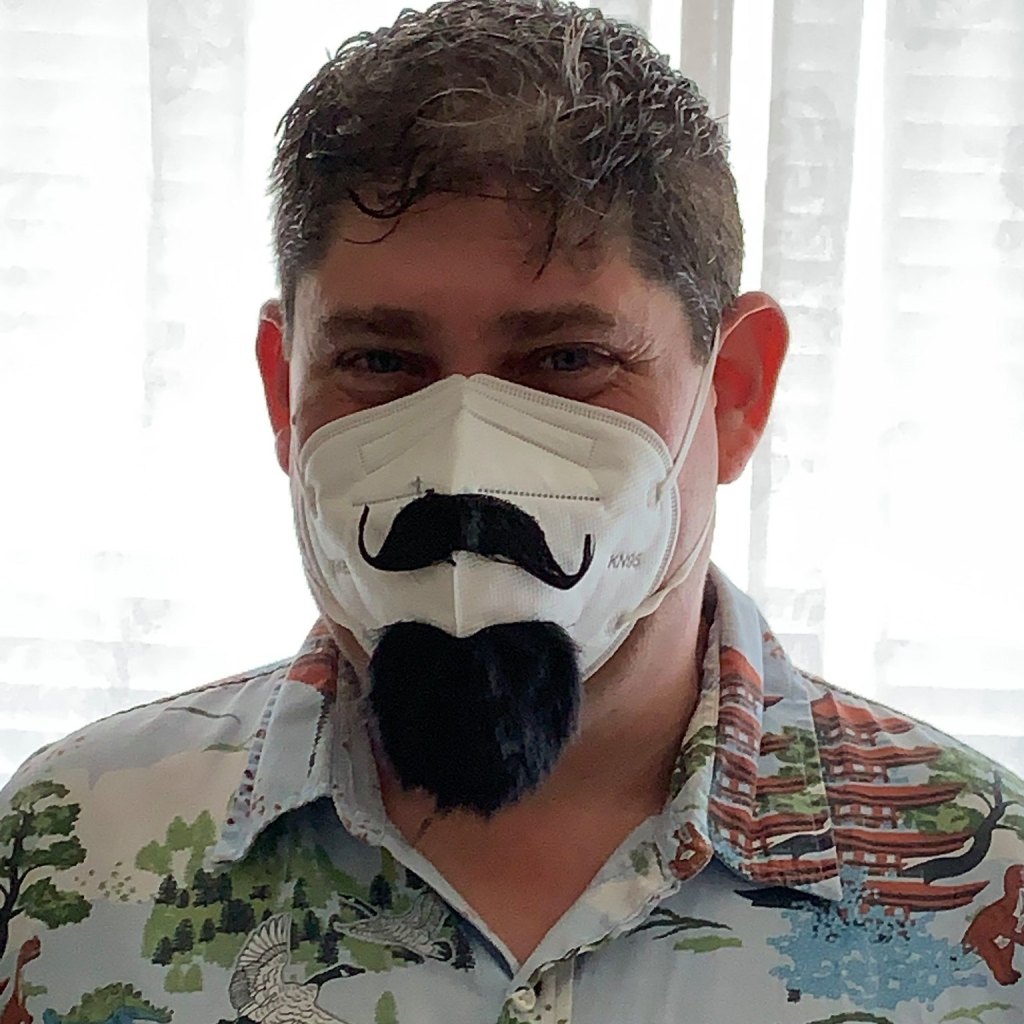The big one had been coming for as long as anyone could remember. Forever, it seemed. Evidence of its impending arrival was predicted and measured by the space between spiderweb cracks in the foundations upon which the city stood. The way the dense net of veins on maps and satellite imagery rearranged itself.
When it finally happened though, hardly anyone noticed; when at last, the great illusion could no longer hold itself together. For the city, after all, was just that – a self-perpetuating illusion sustained by the power of its own fascination with itself, its brightly lit dreams of gold-paved sidewalks, and its dark, treacherous alleyways; from its palatial mansions and estates up in the hills to its squalid housing projects and everything in between.
The end had begun when people stopped thinking of the city as the terminus of their ambitions and dreams; its unraveling accelerated as those who already resided there stopped dreaming of what it was and could be. The invisible machinery fed by the hopes and despair and desires of it masses ground slowly to a halt. The projection flickered and started to fail, and little by little the city unbecame.
It happened first on the fringes, as such things often do, in those liminal places where the line between what was city and what was not had always been blurry at best. From there, change worked its way towards the center. The last illegible headstone in a small, weed-choked cemetery, a broken, uneven sidewalk, a mailbox no longer associated with any structure, sometimes even an unmarked side street would go missing. Then a house, an intersection, an apartment complex. Eventually entire neighborhoods ceased to exist, wiped clean from individual and collective memory. The vanishing of landmarks, cultural institutions, universities, airports, and stadiums accelerated until it swallowed every last bit of what had been Los Angeles. People sought treatment for medical conditions, flights arrived and departed, bankers banked, and sports teams played each other as they had before – They just did it from somewhere else, nearby. The major west coast studios continued to produce their films, just like they always had, from places like San Diego, Bakersfield and Henderson, Nevada.
On that last night, power went out across what remained, and when the light returned it was provided by the sun rather than the electrical grid. The highways, high rises, the massive subterranean tunnel system and infrastructure, all forgotten. Erased from ever having been.
There were the people of course. Some small number continued to reside there, in huts and hovels, hotels and hostels. But most simply ambled back to their cars and drove off to wherever they were now from. Some went for long hikes or pitched tents and camped out under the stars, because really, what else was there to do in unincorporated Angel’s Valley?
Less fortunate were others (though how many will never be known), who had become inseparable from the city itself, the ones who had lived most or all of their lives completely immersed in the river of fantasy that gave form and flesh to blueprints and engineering diagrams. The ones who had trafficked for so long in illusions that they had, in one way or another and for reasons each their own, sacrificed or traded away what was most substantial in themselves for whispers, promises and possibilities – They went along with the city that they were of and from. Together as one, people and place faded from photos, paintings and email marketing lists.
Kiana was one of the few who witnessed the city’s great and final disappearing act with her own eyes, from her family’s fishing boat. “Look! It’s happening,” she called to her uncle and two brothers in the cabin, “the city, it’s finally gone!” But there was no response, as there was no one else aboard the boat that had suddenly always been hers alone.
Joshua Ginsberg is a writer, entrepreneur, and curiosity seeker who relocated from Chicago to Tampa Bay in 2016. He is the author of “Secret Tampa Bay: A Guide to the Weird, Wonderful and Obscure,” (Reedy Press, 2020), and his poetry, fiction, and non-fiction has appeared in various print and digital publications. He maintains a blog, Terra Incognita Americanus and has been a business proposal and resume writer for over 10 years. He currently resides in Tampa’s Town and Country neighborhood with his wife, Jen, and their Shih Tzu, Tinker Bell.
